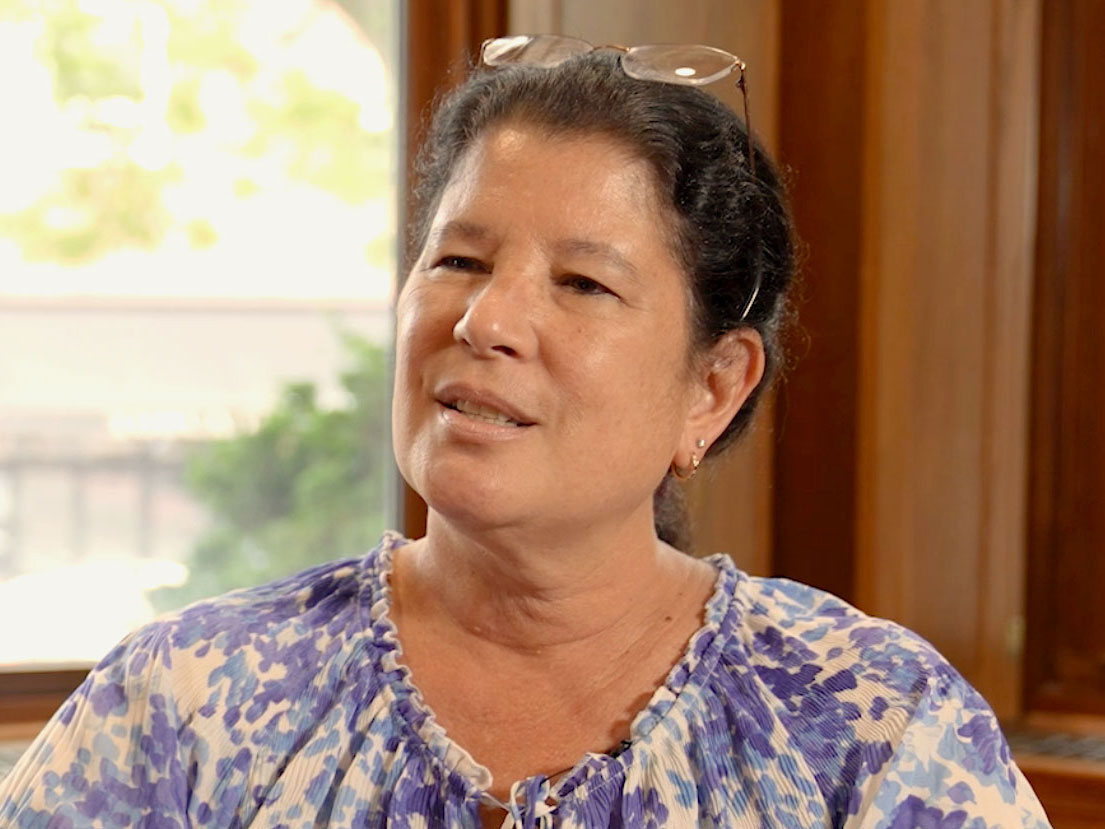Tracey Tokuhama-Espinosa
Educational Researcher

How does your unique expertise and experience help you teach this course?
I actually did my master’s here at Harvard, and that was the main focus during that time. I also completed my Ph.D. work looking at the intersection — asking whether there are standards — between neuroscience, psychology, and education when studying the learning sciences.
I currently serve as an associate editor at Nature Partner Journal: Science of Learning, which helps me stay very up to date on the latest information about how people learn.
Why should students take your class?
There are so many things we can do proactively to improve our ability to respond to the world, handle difficulties, or learn new things. Teaching those kinds of skill sets to younger people is fascinating, because they gain tools they can use for the rest of their lives.
We ask at the beginning of the class, “How do you think you learn best?” Then, at the end of the class, we ask the same question again — and there’s no comparison between how people think at the start versus after the course. Hopefully, that brings about the transformation you mentioned earlier — something I always hope to deliver to the students.
More About Tracey
Tracey Tokuhama-Espinosa is the author of 15 books on mind, brain, and education (MBE) science and dozens of articles related to this emerging field. Her most recent works include Writing, Thinking and the Brain (2024), Questions Kids Ask About Their Own Brains (2024), Bringing the Neuroscience of Learning to Online Teaching (2021), Neuromyths (2018), and The Five Pillars of the Mind (2019).
She has written for the United Nations Educational, Scientific and Cultural Organization (UNESCO) on the brain and technology and served on the Organisation for Economic Co-operation and Development (OECD) expert panel to redefine teachers’ pedagogical knowledge. Tokuhama-Espinosa is also the founder of Connections: The Learning Sciences Platform, which provides evidence-based resources to educators.
With experience teaching from kindergarten through university, she has worked with schools, universities, governments, and NGOs in over 40 countries. Her research areas include educational quality indicators, learning in the digital age, expanding the field of MBE science, paradigm changes through technology, multilingualism, and teacher training practices.
Tokuhama-Espinosa’s vision is to improve the social, democratic, and economic structures of countries through a better-educated population. She believes education quality is enhanced through research, teacher education, and student support.